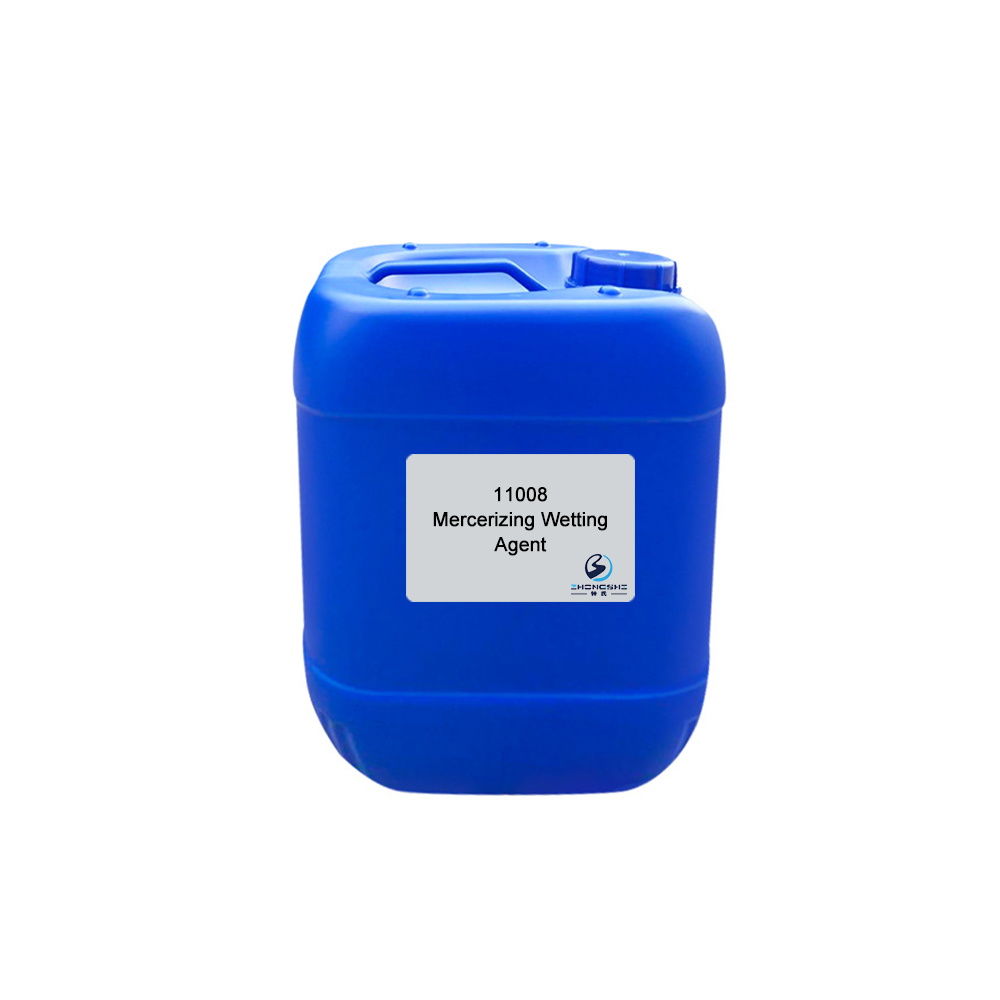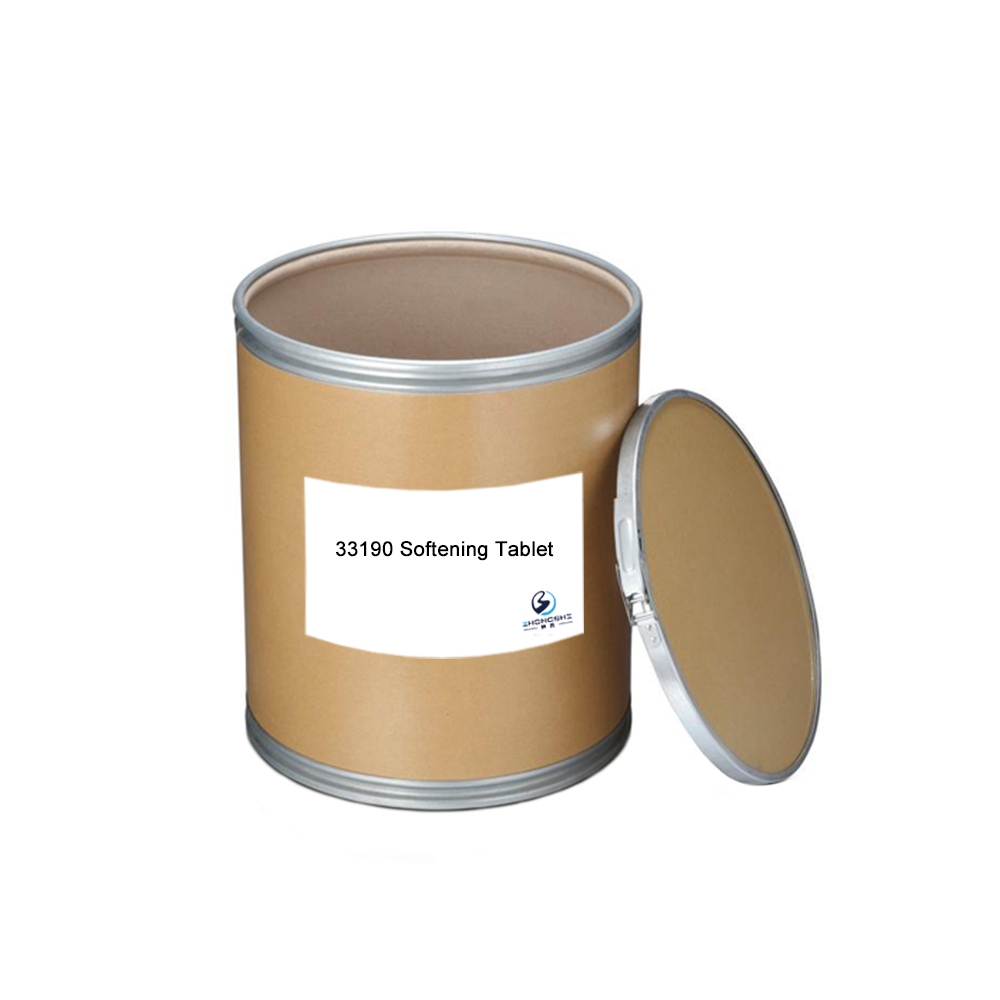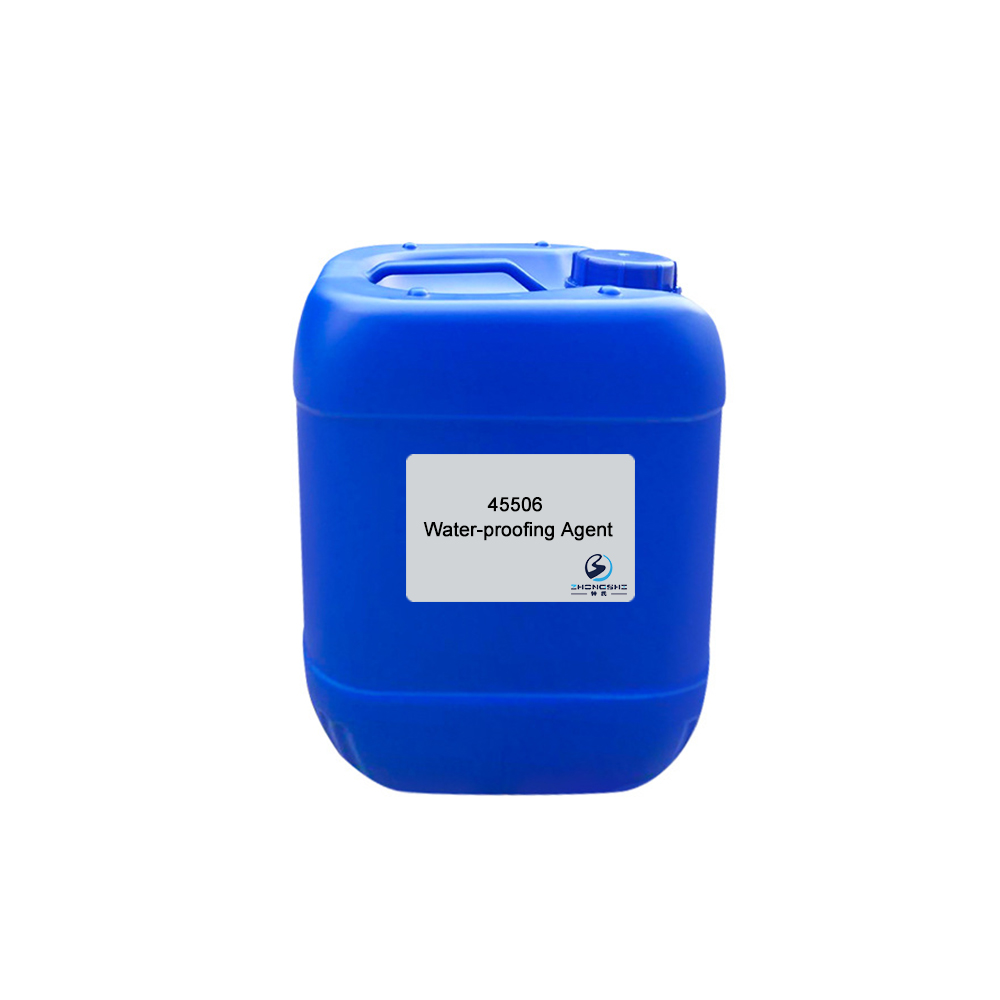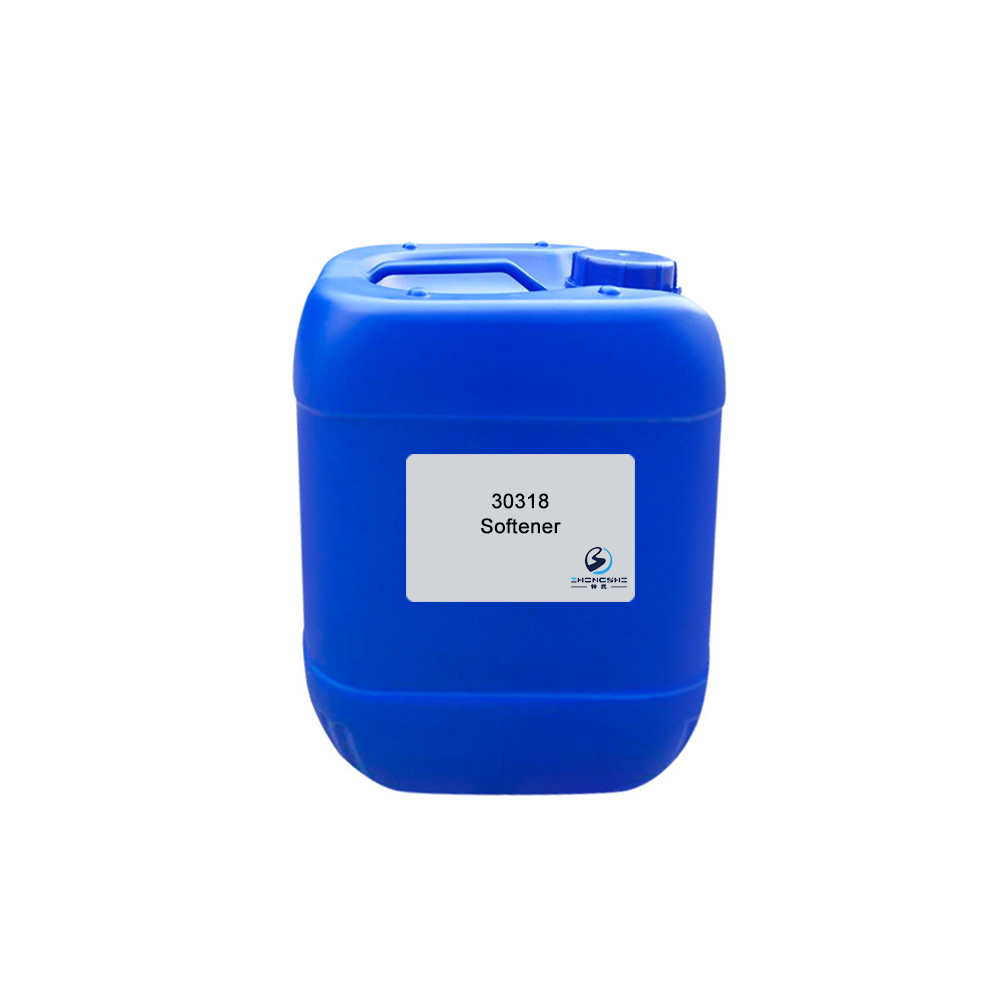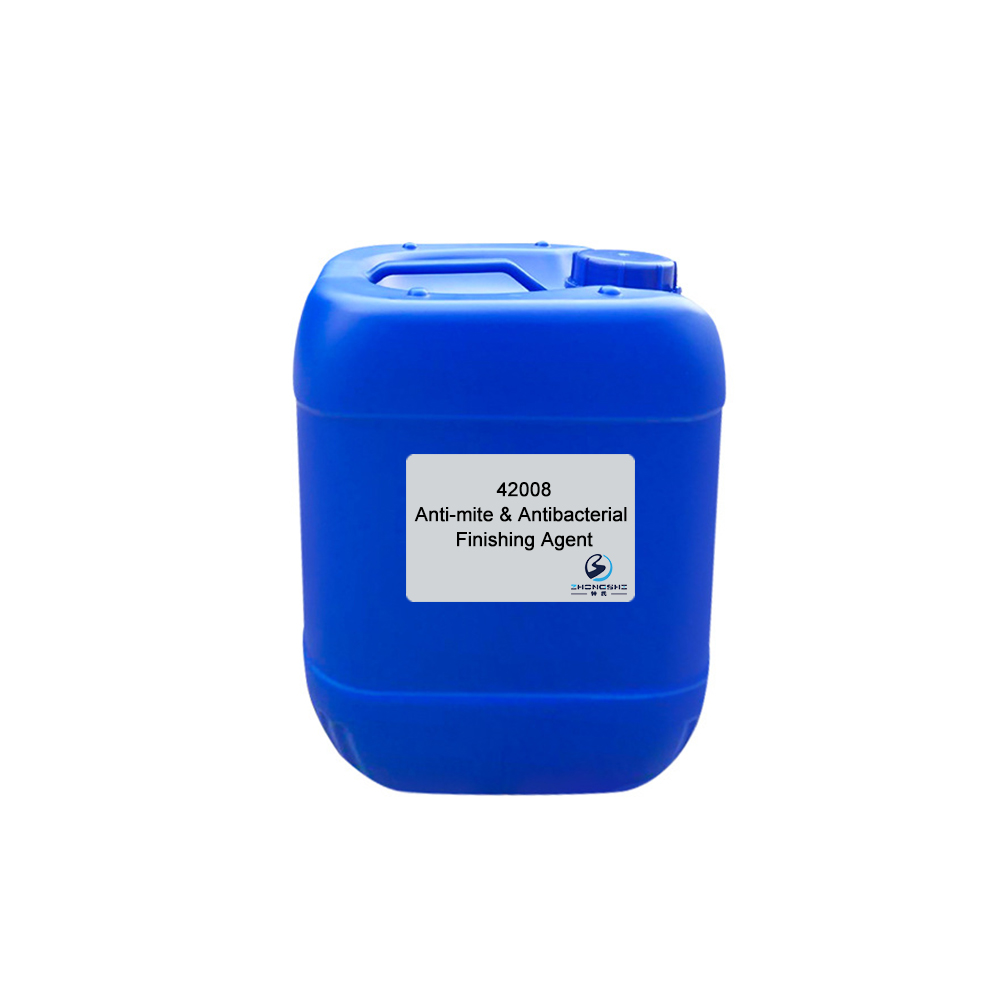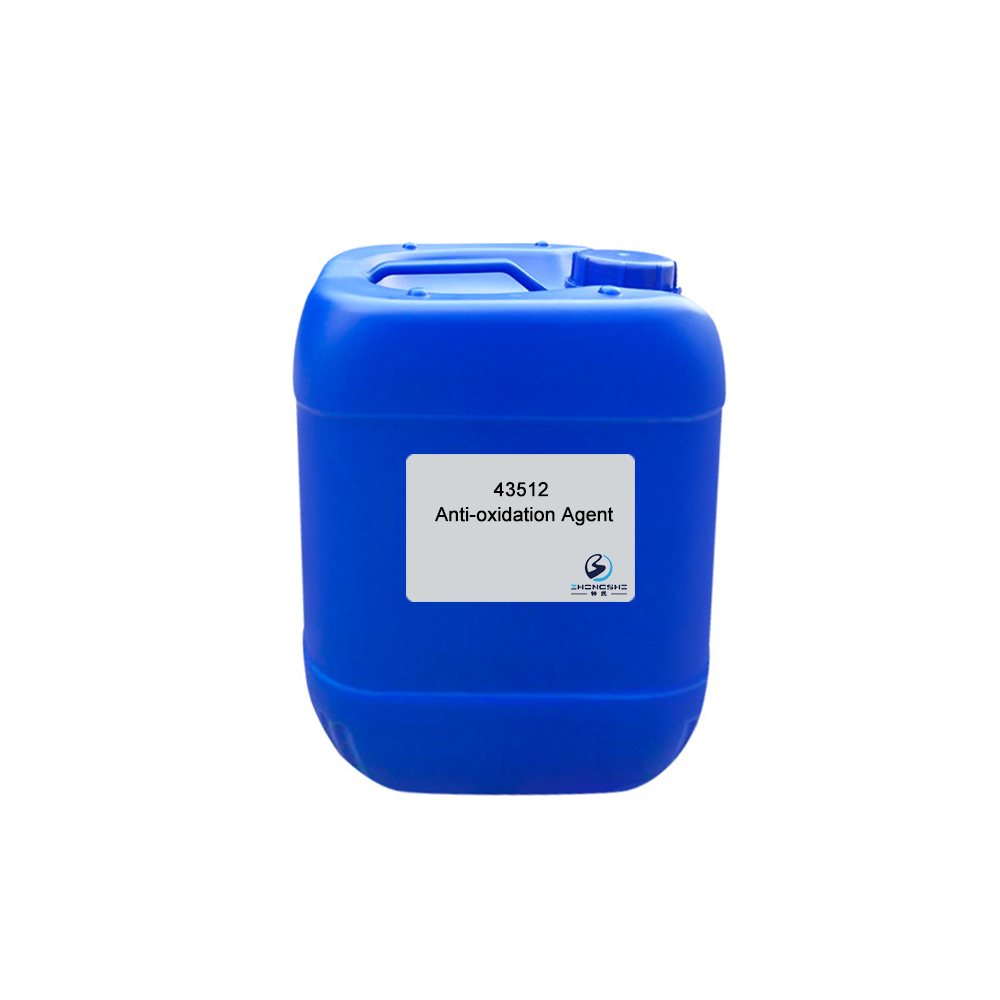Fast delivery Dimethyl Silicone Oil - 63081-33 Silicone Softener (Hydrophilic, Soft & Smooth) – Innovative
Fast delivery Dimethyl Silicone Oil - 63081-33 Silicone Softener (Hydrophilic, Soft & Smooth) – Innovative Detail:
Features & Benefits
- Excellent hydrophilicity. Instant hydrophilicity.
- Strong affinity to natural fibers and synthetic fibers.
- Prevents pilling.
- Can be used together with durable setting resin in same bath.
Typical Properties
| Appearance: | Colorless transparent fluid |
| Ionicity: | Nonionic |
| pH value: | 6.0±1.0 (1% aqueous solution) |
| Solubility: | Soluble in water |
| Content: | 23% |
| Application: | Natural fibers and synthetic fibers, as cotton, polyester and nylon, etc. |
Package
120kg plastic barrel, IBC tank & customized package available for selection
TIPS:
Silicone softeners
Silicones were classified as a separate class of man-made polymers derived from silicon metal in 1904. They have been used to formulate textile softening chemicals since the 1960s. Initially, unmodified polydimethylsiloxanes were used. In the late 1970s, the introduction of aminofunctional polydimethylsiloxanes opened new dimensions of textile softening. The term ‘silicone’ refers to artificial polymer based on a framework of alternating silicon and oxygen (siloxane bonds). The larger atomic radius of silicon atom makes the silicon–silicon single bond much less energetic, hence silanes (SinH2n+1) are much less stable than alkenes. However, silicon–oxygen bonds are more energetic (about 22Kcal/mol) than carbon–oxygen bonds. Silicone also derives from its kitone-like structure (silico–ketone) similar to acetone. Silicones are free of double bonds in their backbones and are not oxocompounds. Generally, the silicone treatment of textiles consists of silicone polymer (mainly polydimethylsiloxanes) emulsions but not with the silane monomers, which may liberate hazardous chemicals (e.g. hydrochloric acid) during treatment.
Silicones exhibit some unique properties including thermal oxidative stability, low temperature flowability, low viscosity change against temperature, high compressibility, low surface tension, hydrophobicity, good electric properties and low fire hazard because of their inorganic–organic structure and the flexibility of the silicone bonds. One of the key features of silicone materials is their effectiveness at very low concentrations. Very small amounts of silicones are required to achieve the desired properties, which can improve the cost of textile operations and ensure a minimum environmental impact.
The mechanism of softening by silicone treatment is due to a flexible film formation. The reduced energy required for a bond rotation makes the siloxane backbone more flexible. The deposition of flexible film reduces interfibre and interyarn friction.
Thus the silicone finishing of textile produces an exceptional soft handle combined with other properties such as:
(1) Smoothness
(2) Greasy feel
(3) Excellent body
(4) Improved crease resistance
(5) Improved tear strength
(6) Improved sewability
(7) Good antistatic and antipilling properties
Because of their inorganic–organic structure and the flexibility of the siloxane bonds, silicones have the following unique properties:
(1) Thermal/oxidative stability
(2) Low-temperature flowability
(3) Low change of viscosity with temperature
(4) High compressibility
(5) Low surface tension (spreadability)
(6) Low fire hazard
Silicones have very wide application in textile processing, such as fiber lubricants in spinning, high-speed sewing machinery, winding and slashing, as binders in nonwoven manufacturing, as antifoam in dyeing, as softeners in print paste, finishing and coating.
Product detail pictures:
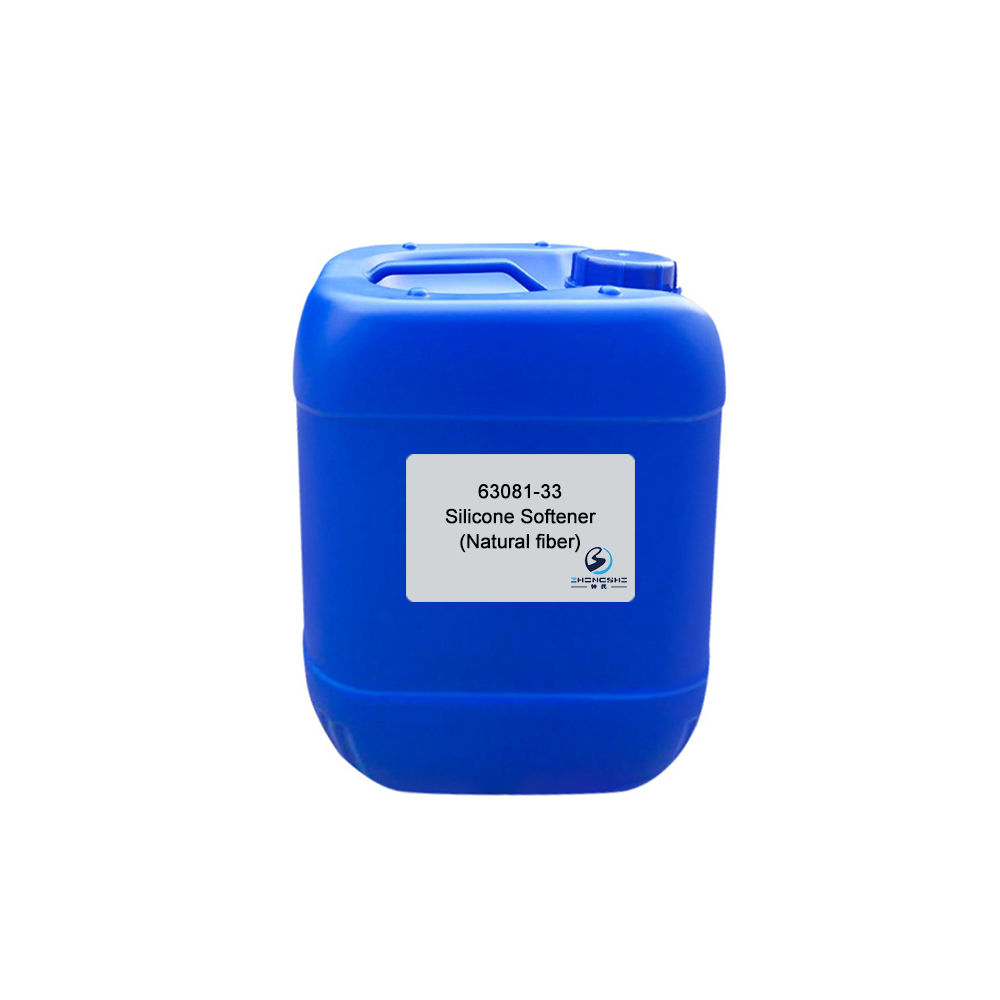
Related Product Guide:
Anti-migration agent can improve the stability of dyeing bath, which is to prevent dyeing defects, as color difference and white core, etc. due to dyes migration. Fast delivery Dimethyl Silicone Oil - 63081-33 Silicone Softener (Hydrophilic, Soft & Smooth) – Innovative , The product will supply to all over the world, such as: Romania, Malawi, Oslo, Multifunctional Finishing Agent 45404 is yellow solid. It is nonionic and soluble in water. It is eco-friendly. Multifunctional Finishing Agent 45404 is suitable for fabrics of chemical fiber, as polyester, polyester blends, nylon and acetate fiber, etc. It can make fabrics hydrophilic and fluffy. It can improve anti-static property and easy removing dirt performance. It is low yellowing.
We have been engaged in this industry for many years, we appreciate the work attitude and production capacity of the company, this is a reputable and professional manufacturer.


